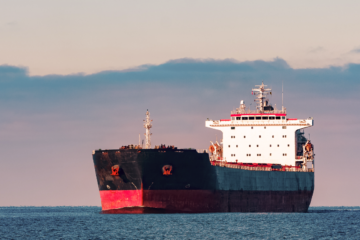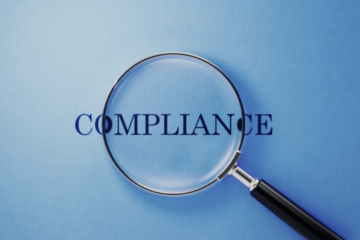In the maritime industry, transportations over sea without disruptions is a common goal among traders, shipowners, charterers, and logistics providers. However, the unpredictable challenges of the sea and operational intricacies often create hurdles. This article explores how collaboration and marine cargo insurance and marine liability help to keep trade operations steady, ensuring businesses can work together confidently.
Common interest in marine cargo transportation
Traders, shipowners, charterers and other logistics providers all have their own priorities to operate profitably in marine cargo transportation. Collectively, however, they have the same interest. The common interest of all players in the international trade ecosystem is to conduct transactions without hiccups, disputes, or unexpected setbacks.
Shared challenges of all players
Unfortunately, marine transportations do not always succeed without setbacks. These setbacks can come from various sources, but they often boil down to two main factors: marine perils and operational diligence.
Marine Perils arise from weather conditions at sea. Storms, rough seas, and unexpected weather patterns can pose significant risks to cargo and ships. These unpredictable elements can lead to cargo damage, vessel accidents, and financial losses for all parties involved. Another significant Marine Peril is human failure of safe and casualty free navigation. In Hull & Machinery and P&I claims more than 80% of the claims arise from human failure, which, inevitably have also an impact on the condition of the cargo being carried.
Beyond the unpredictable nature of the sea and the human failure in navigation, problems can arise due to insufficient attention to operational diligence. Neglecting routine maintenance, inadequate cargo securing, or overlooking safety protocols can result in avoidable accidents and cargo damage. Also, economic reasons for saving money may lead to claims, which would not exist with prudent behaviour and professional operations meeting all standards about safety.
Collaboration improves operations
Overcoming unexpected setbacks such as marine hazards and operational failures, and financial losses because of these setbacks, require teamwork between all parties involved and a solid common approach. This contains strong relationships, a collective knowledge and proper strategies on loss prevention and risk management.
Especially in the maritime industry, which is anything but static, this is very important. Changing regulations, economic shifts, and technological advancements impact the risk landscapes all the time.
Leaving our silos and unboxing isolated expertise is an important step in managing risks, not in isolation, but together with sharing and adding knowledge about our beloved maritime industry.
Marine cargo insurance and marine liability insurance shield for uncertainties
Even when all players fully collaborate there will be situations where unexpected challenges will face, and financial losses will occur. Just as collaboration among traders, shipowners, charterers, and logistics providers forms the backbone of successful marine transportation, marine cargo insurance and marine liability insurance play a pivotal role in ensuring the seamless flow of transactions.
These specialized insurances act as a collaborative shield, providing essential protection against the unpredictable challenges of the sea and operational hurdles. When unforeseen setbacks occur, marine cargo insurance and marine liability insurance step in to offer comprehensive coverage, mitigate financial losses and allow businesses to operate with confidence and continuity.
Read more about marine insurance and marine liability covers in global trade and the role of teamplay and knowledge.




0 Comments